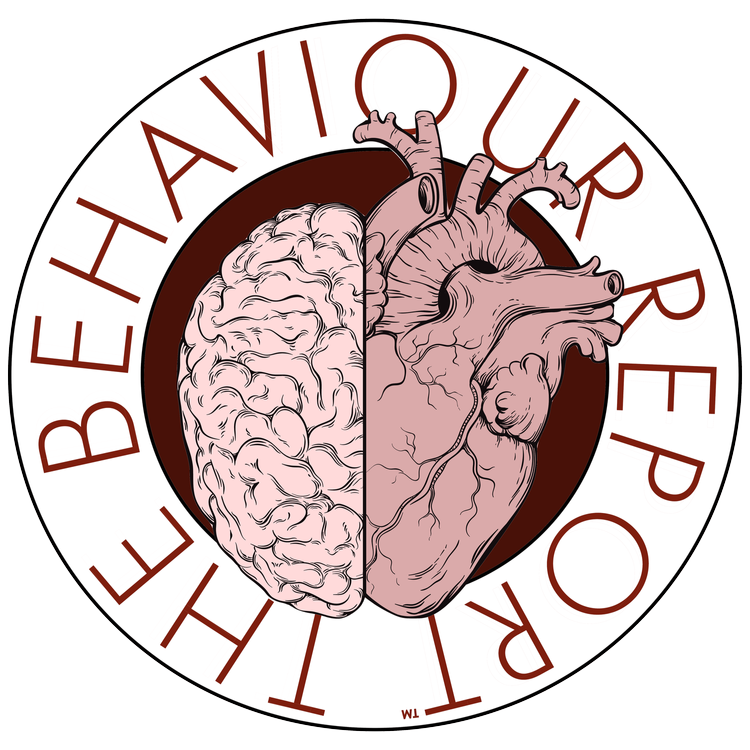Dan Gregory @DanGregoryCo
"Wow", I can hear you say, "Hope? That's the problem?"
That’s right, today I’m BBQin’ some motivational sacred cow!
Now I know this is going to offend some of you - this will challenge some long held beliefs, make the "inspiration police" angry and I imagine a good portion of you might experience some minor sphincter tightening - but I’m going to say it anyway:
“Hope is a bad idea!”
Now, before we go any further, I want to make sure that you understand the distinction I make between hope and optimism.
Optimism, is in fact, generally a good thing… sometimes even a very good thing. On the whole, optimism tends to make us more creative, resilient, healthy and happy.
The difference between the two, however, is quite marked.
Optimism is always, in some way, linked to the context and environment you find yourself in. Optimism is usually fuelled by an apparent possibility, a potential opportunity or involves leveraged relationships, historic precedent, metaphorical reference points, or indeed, skills and capabilities we know to be within our reach.
Hope, on the other hand, is usually only grasped for, rather ironically, when things are hopeless.
Optimism is, "I studied as hard as I could, I'm optimistic of a good result." Hope is, "I forgot to study, I hope I pass!!!"
“OK, that makes sense, but why is it really such a bad thing?” you may be asking yourself. Excellent question.
Hope is a bad idea because its primary purpose is to act as an anesthetic against the psychological discomfort of circumstance. In other words, it disconnects us from reality and either delays, or completely impairs, our ability to take action in order that we might “feel” better (as opposed to actually “being” better off).
Hope keeps us in relationships that are tragically broken, “He/She will change.”
Hope makes us stay in investment positions longer than we should, “It’s gonna turn around, I just know it will.”
Hope has us executing business strategies we haven’t adequately prepared for and making commercial, personal and social decisions that may be damaging to ourselves and to others. “I hope this works!!!”
All of us, when prompted, can recall a list of experiences and personal stories, where we clung to hope and suffered, or caused other’s suffering, as a result.
What this boils down to is this: hope supports our adoption of risky positions and abets precarious situations, it encourages procrastination to the point of paralysis, it justifies delusions about our capabilities and clouds the real possibilities that surround us. All of this ultimately reveals hope as a strategy of failure.
If you can act and are willing to act, then don't waste time hoping... act. If action is not possible, then a strategy that holds a greater chance of success is exit, not hope.
Hope, as defined above, is unnecessary to maintaining an optimistic view of the world, of our potential, of business opportunities and yes, even of our dreams. Rather, it is highly likely that:
1. Hope undermines optimism, which exists within context and environment
2. Hope increases our risk by removing a reasonable sense of caution
3. Hope delays, and in some cases impairs, action
4. Hope disconnects us from reality and blinds us to actual possibilities
5. Hope destabilizes a successful strategy, instead encouraging a position of no strategy at all
OK, that’s why we need to abandon hope… So why might we want to keep hope? How might it be used to our benefit?
1. Hope is a powerful tool of influence
I say tool of influence, but in truth, hope has usually tended to err towards the manipulation end of the influence spectrum.
It has been the go to methodology of quacks and alternative healers selling miracle diet pills and “cures” for terminal maladies, of corrupt politicians looking to grab a few votes, of religious gurus and teachers drumming up followers and tithes, of lobbyists and political activists looking to leverage public prejudices and biases and marketers who revel in unsubstantiated claims and false promises.
Now, hope need not always be used as a manipulative tool of influence, but that has certainly been its pedigree. The reason for this is that hope acts very much like a drug. It is immediately tempting, highly addictive and particularly appealing to the vulnerable and desperate - so use with caution.
My suggestion? Abandon hope. Instead, feed your optimism by taking what action is available to you and reclaim your power!
Of course, it’s not my job to dictate your moral standards, merely to inform them…
… but I “hope” you’ll make the right decision.
CUE: Dr Evil-esque laugh.
